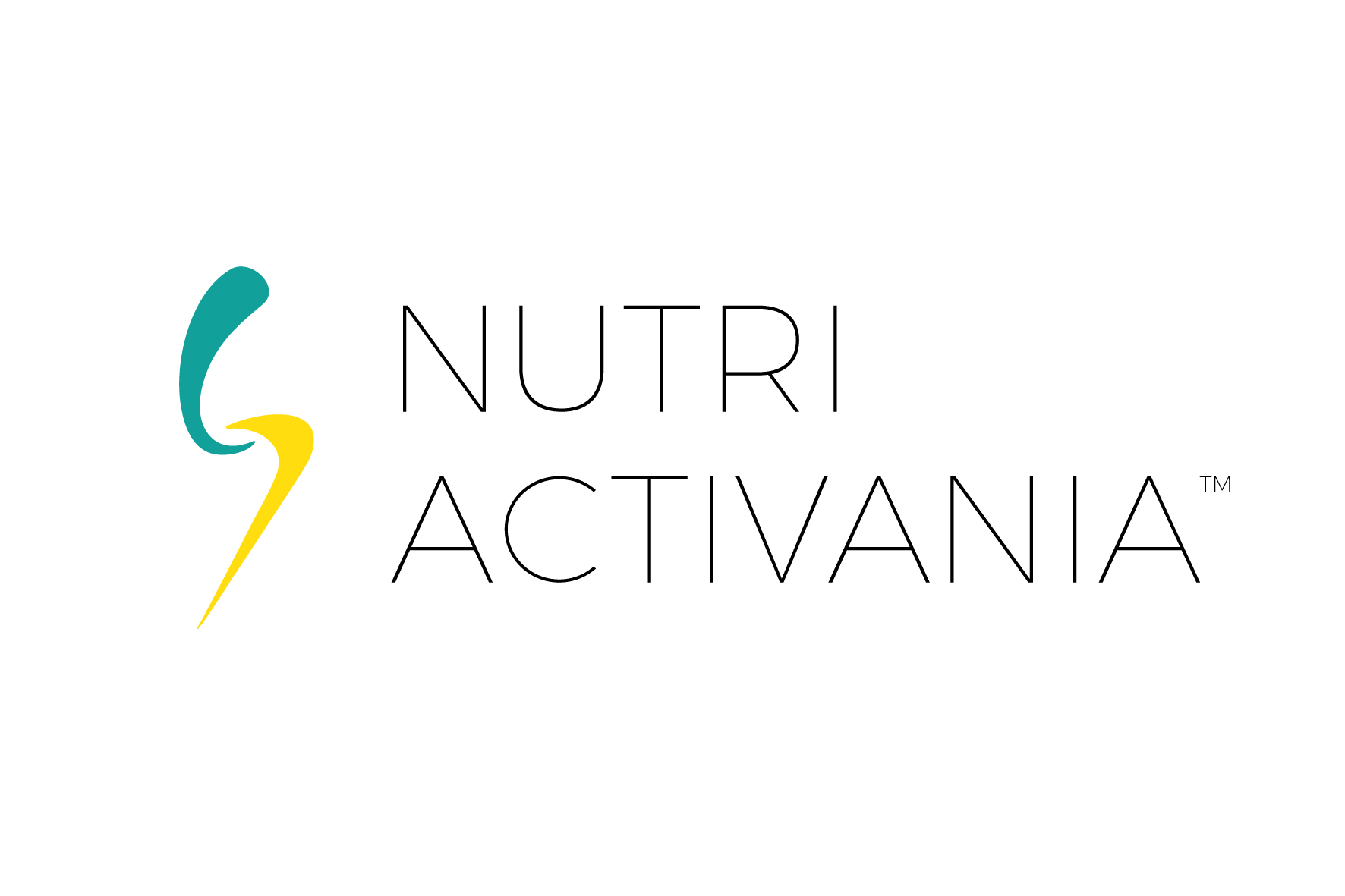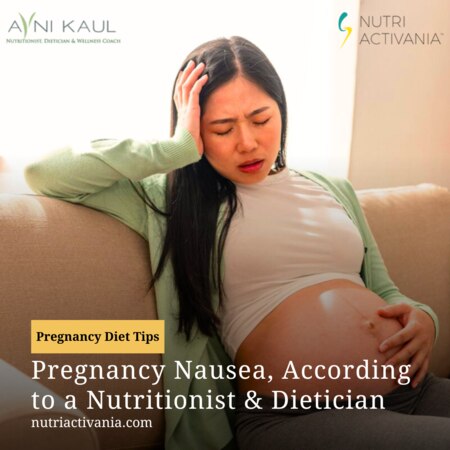The thought of becoming a mother brings a wave of joy, filling your heart with excitement and love. Yet, this life-changing journey also comes with immense responsibility. Every flutter, every heartbeat from the life growing inside you symbolizes the miracle you are nurturing. Amidst the happiness, there is a lot of planning and preparation needed to ensure both your well-being and that of your baby. During the early weeks, you might feel great, perhaps even thinking that pregnancy will be smooth sailing. But then, around week 6 or 7, reality hits. Nausea, food aversions, and vomiting kick in. It is commonly called Morning Sickness.
However, Morning sickness isn’t just a morning issue; it can strike any time of day, affecting about 80% of pregnant individuals. It usually starts around 5 to 6 weeks, peaks by 9 weeks, and often improves by 16 to 18 weeks. However, some may experience it longer. Severe cases, known as hyperemesis gravidarum, involve frequent vomiting, dehydration, and weight loss diet program, often requiring medical treatment.
We all know the first trimester is crucial for your baby’s growth, and you want to nourish them. But when morning sickness strikes, eating healthily can feel impossible. So, how do you cope with this challenge while supporting your little one? India’s eminent dietitian and nutritionist for pregnancy, Avni Kaul is going to tell us how to deal with pregnancy nausea in this article.
What is the Reason for Pregnancy Nausea?
Morning sickness during pregnancy remains a mystery, with various theories but no definitive cause. Hormonal changes, especially elevated levels of human chorionic gonadotropin (HCG) and progesterone may trigger nausea. Additionally, growth and differentiation factor 15 (GDF15), produced by the placenta, can heighten feelings of nausea. Each woman’s experience is unique, influenced by hormonal sensitivity and prior exposure to these hormones.
How to Deal with Pregnancy Nausea with the Right Diet?
Eat Smaller but Frequent Meals – During pregnancy, nausea can worsen if your stomach is empty. To ease this, try eating five or six small meals a day instead of three large ones. A small snack, like crackers or pretzels, before getting out of bed can help too. Drink fluids a half-hour before or after meals to prevent fullness and ensure hydration. Focus on simple, bland foods, especially in the morning, to maintain stable blood sugar levels and reduce nausea.
Hydration is Key – Hydration is essential in early pregnancy, especially if you are experiencing morning sickness. Drinking enough fluids helps settle your stomach and rehydrates your body after vomiting. While plain water is good, herbal teas like red raspberry, lemon, spearmint, peach, or chamomile can be soothing. If you are struggling to keep liquids down, try sipping lemonade, cordial, or electrolyte drinks every 15 minutes. Aim for at least eight 8-ounce glasses of fluid daily to prevent dehydration and support your health.
Rest is Best – Get plenty of rest whenever you can, especially if you need to wake up early. Avoid napping right after meals, as it can worsen nausea. Instead, try to rest in a sitting position or lie down propped up. Remember that some activities may intensify your nausea, leading to vomiting, so it is essential to listen to your body and take it easy when needed.
Protein Power – To quell morning sickness, try adding protein-rich foods like chicken, peanut butter, beans, and nuts to your diet. They increase gastrin, a hormone that helps in digestion and easing nausea. Avni Kaul advises balancing protein intake to stabilize blood sugar and reduce queasiness. Snack on almonds, trail mix, or hard-boiled eggs. Foods like lean beef, edamame, and Greek yogurt are also helpful, and eating protein before bed may prevent morning nausea.
Avoid Heartburn – During pregnancy, heartburn, often triggered by Gastroesophageal Reflux Disease (GERD), is common due to hormonal changes and the baby pressing on the stomach. To prevent discomfort, avoid spicy and greasy foods that can aggravate nausea, especially in the second and third trimesters when your growing uterus can cause heartburn. Take over-the-counter antacids. If the heartburn persists despite occasional antacid use, consult your doctor about safe acid-blocking medications. Heartburn occurs when stomach acid moves up into the esophagus, causing nausea and vomiting. Early treatment can ease symptoms and improve comfort throughout pregnancy.
Cold Foods – Opt for cold foods and drinks to combat nausea, as warmer items release more aroma, which can trigger your gag reflex. Cold options like yogurt, sorbet, popsicles, chilled fruits, or ice cream reduce strong scents, helping to settle your stomach and ease the discomfort naturally.
Ginger Power – Moms-to-be can find relief from nausea with ginger, a safe and effective remedy during pregnancy. Studies suggest that taking 1,000 to 1,500 milligrams of ginger daily, through tea, candy, or supplements, may settle the stomach. Compounds, Gingerols, and shogaols in ginger help ease nausea by speeding up digestion. Try ginger ale, ginger tea, lollipops, crystallized ginger, or add fresh ginger to recipes for a soothing effect.
These are just a few of the ways to manage pregnancy nausea effectively. By eating small meals, staying hydrated, resting, incorporating protein, avoiding heartburn, choosing cold foods, and using ginger, you can alleviate discomfort and support both your well-being and your baby’s development during this important time.
- Healthy Indian Snacks That Can Lift Your Mood - October 4, 2024
- Amazing Health Benefits of Eating Fish Regularly - October 2, 2024
- Pregnancy Nausea, according to a Nutritionist & Dietician - September 28, 2024

